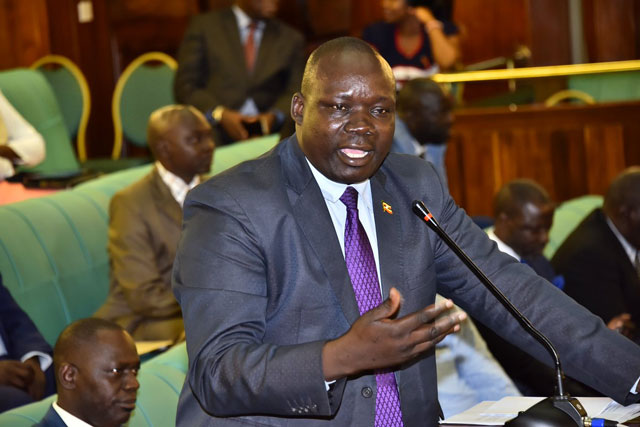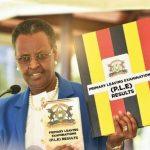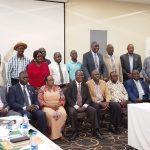The language of instruction in lower primary education has become a contentious issue before the Education Policy Review Commission (EPRC) in Uganda. During public hearings, the Acholi parliamentary group joined the dissent against the current policy of using local languages as the medium of instruction. They urged the commission to reconsider or discard the policy, citing its ineffectiveness and impracticality.
Anthony Akol, the chairperson of the Acholi Parliamentary Group, questioned the rationale behind selecting specific local languages, leading to divisions among communities vying for their language to be the instructional medium. Akol argued that learners excel when instructed in English, suggesting that the policy widens the educational quality gap between different groups.
The current policy, implemented in 2007, introduced local languages as the primary medium of instruction for primary one to three students, with English taught as a subject initially and later becoming the medium of instruction from primary four onward. The goal was to develop basic literacy, math concepts, life skills, and values in a familiar language, preparing children for advanced learning.
Dr. Kedrace Turyagyenda, a former director of education standards at the education ministry and an EPRC commissioner, opposes discarding the policy. She clarifies that the policy is not about teaching in the mother tongue of every learner but in the local language widely used in a specific area.
However, some critics argue that the policy may face challenges in implementation, such as inadequate teacher proficiency in local languages and resistance from parents who associate English with quality education. Private schools, driven by demand and results, often reject the use of local languages as a medium of instruction.
While research supports the idea that learners benefit from starting with their local language, challenges and varying opinions persist. The EPRC is tasked with reviewing the policy and addressing concerns raised by different stakeholders.




















